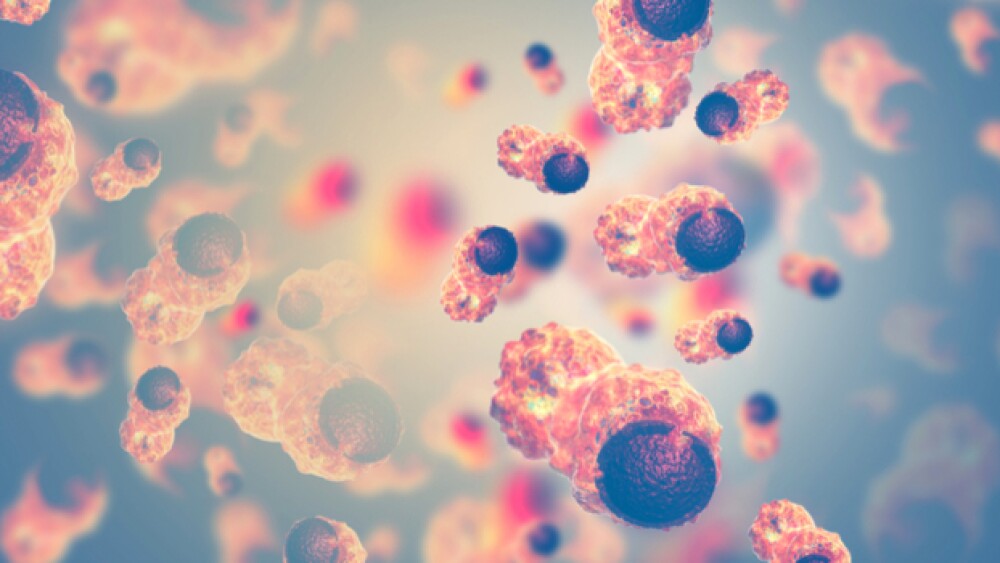Part of that exponential approval growth is due to a greater understanding of the development process and are pairing the right antibodies with the appropriate toxic agents.
Antibody Drug Conjugates (ADC) are a form of therapeutic designed to be highly specific in their targeting cancer cells. The ADCs are expected to deliver the payload to the diseased area while mitigating any impact to healthy surrounding cells – in a similar manner to a guided missile.
In fact, guided missile is the term some researchers are using to describe the capabilities of antibody drug conjugates. This morning, Reuters reported that there are currently 89 separate and ongoing trials being conducted with ADCs across the pharmaceutical industry. Companies like AstraZeneca, GlaxoSmithKline, Astellas Pharma, Seattle Genetics. Roche and Daiichi Sankyo are all developing different ADCs to target various cancers.
ADCs work by pairing antibodies with toxic agents and are designed to precisely pinpoint cancer tumors. When the ADCs hit the specific tumor target, it then releases cytotoxins that delivers a payload thousands of times more potent than chemotherapy. The toxins target the tumor and not the healthy cells surrounding it.
As Reuters reports, ADCs have been an area of focus for years but companies have only seen limited success. From 2008 to 2018, only five ADCs were approved by the U.S. Food and Drug Administration and of those, only one, Roche’s ADC for breast cancer Kadcyla, has hit the $1billion annual sales blockbuster threshold. But, those numbers could be changing for the better. But this past year, things improved with the FDA giving the green light to three different ADCs, Chris Martin, chief executive officer of ADC Therapeutics, told Reuters.
Among the new ADCs approved are AstraZeneca’s and Daiichi Sankyo’s Enhertu, a treatment for patients with unresectable or metastatic HER2-positive breast cancer; Padcev, a first-of-its-kind treatment for metastatic urothelial bladder cancer developed by Astellas and Seattle Genetics; and Genentech’s Polivy, and ADC for people with diffuse large B-cell lymphoma whose disease returned after or did not respond to multiple treatment regimens.
Part of that exponential approval growth is due to a greater understanding of the development process and are pairing the right antibodies with the appropriate toxic agents. Targeting of the tumor has also improved and, Reuters notes, drug designers are more aware of how to “design ADCs to kill even surrounding cancer cells that previously evaded destruction.”
The approval of three ADCs within the last six months of 2019 (two in December) indicates that the industry is becoming more optimistic about the future of these cancer-fighting drugs, Reuters said. With eh 89 separate studies being conducted, Reuters said the number of ADC candidates is “at unprecedented levels,” citing data from Beacon Targeted Therapies. And more are on the way, as there are dozens of ADC programs in preclinical stages.
The pipeline increase for ADCs has some companies expanding their manufacturing capabilities in hopes that ADC developers will farm out manufacturing to them, Reuters said. Among those is Merck KGaA Darmstadt, Germany, which anticipates the ADC market to grow by 20% over the next few years and hopes to get a slice of the pie. Another company, Lonza, which helped Roche, the parent company of Genentech, develop Polivy, is also expanding its capabilities. With a new year upon the industry, the future looks bright for ADCs, Reuters said.





